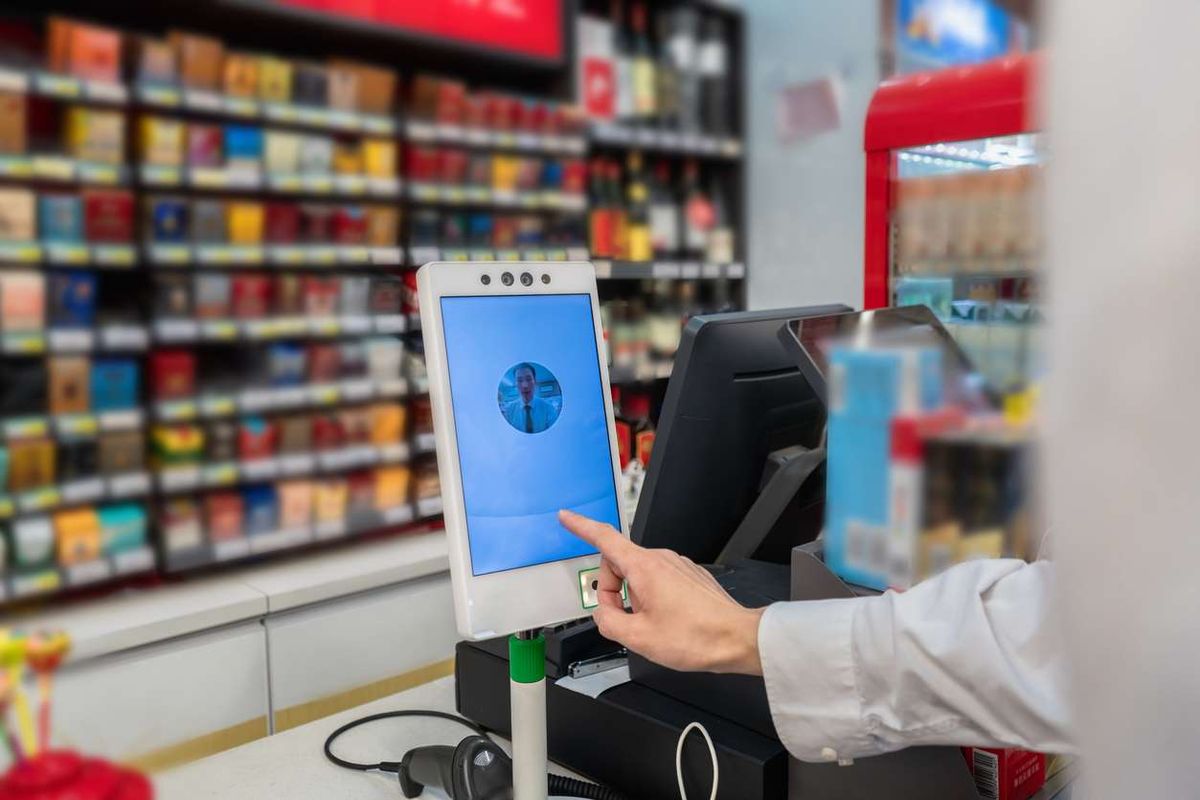For many in the retail sector, the government’s new Digital ID plans have raised more questions than answers. While ministers frame the scheme as a modern solution to national security and service access, retailers are wondering what it will actually mean for their day-to-day operations, especially when it comes to selling age-restricted goods like alcohol.
Under the proposal, every UK citizen and legal resident will hold a smartphone-based Digital ID by 2029. It will carry personal details including name, date of birth and photo, and is expected to become a valid proof of age for alcohol sales by the end of next year. In principle, it sounds efficient. In practice, the transition could be messy.
That’s because the conversation so far has largely ignored those on the retail frontline, the very people who’ll have to verify these IDs in busy stores, pubs, and bars. Retailers are already contending with multiple private Digital ID providers, each offering different systems, technology and verification methods. The government’s announcement adds yet another layer of uncertainty.
The reality is, no one is sure what to prepare for. Should businesses invest in current systems now, or wait for the official version due in four years? Can existing tills and scanners even support these new forms of ID? And how much training – and money – will it take to get every member of staff ready?
Smaller independent retailers face an especially difficult choice. If they have to install and maintain several different Digital ID systems to accept multiple formats, that could mean significant cost and confusion. Even the largest chains are questioning how to guarantee compliance without clear, consistent standards.
At Serve Legal, we’ve spent nearly twenty years tracking the realities of age verification in retail and hospitality. Our nationwide audits show that even with physical ID, things can slip under pressure. Pass rates for alcohol sales – when young-looking customers are correctly challenged for ID – have fluctuated between 74 per cent and 79 per cent since 2021, dipping to 72 - 74 per cent on weekends and evenings when stores are busiest. Introducing unfamiliar technology into that environment risks adding another layer of uncertainty at the exact times compliance is most vulnerable.
The timing also matters. As the festive season approaches, thousands of temporary staff will step behind tills and bars, many without full familiarity with Digital ID or the legalities surrounding it. Unless training and guidance are clear, mistakes will happen, and enforcement visits may follow.
Digital ID could eventually make proof of age faster, safer, and more reliable. But that outcome depends on collaboration and clarity, not confusion. Retailers, government, tech providers, and compliance bodies need a single, joined-up conversation about what success looks like, and how to get there.
For now, preparation is key. Retailers should explore the options available, understand how different systems work, and share experiences within the industry. A cautious, informed approach will go a long way towards building confidence and consistency before Digital ID becomes the norm.
There will inevitably be teething problems – from software glitches to moments of uncertainty at the counter – but these will ease as systems mature and staff gain experience. The businesses that invest early in training, communication, and auditing will not only meet compliance expectations but also strengthen customer trust.
Done right, Digital ID could simplify age verification, improve safety, and give customers a smoother experience. But it must enhance, not replace, the vigilance and judgement of trained staff. Ongoing auditing of both digital and physical checks will remain essential to prove due diligence and protect retailers from risk.
Digital ID is coming, and for those who plan ahead, it could mark the next big step in responsible retailing.


